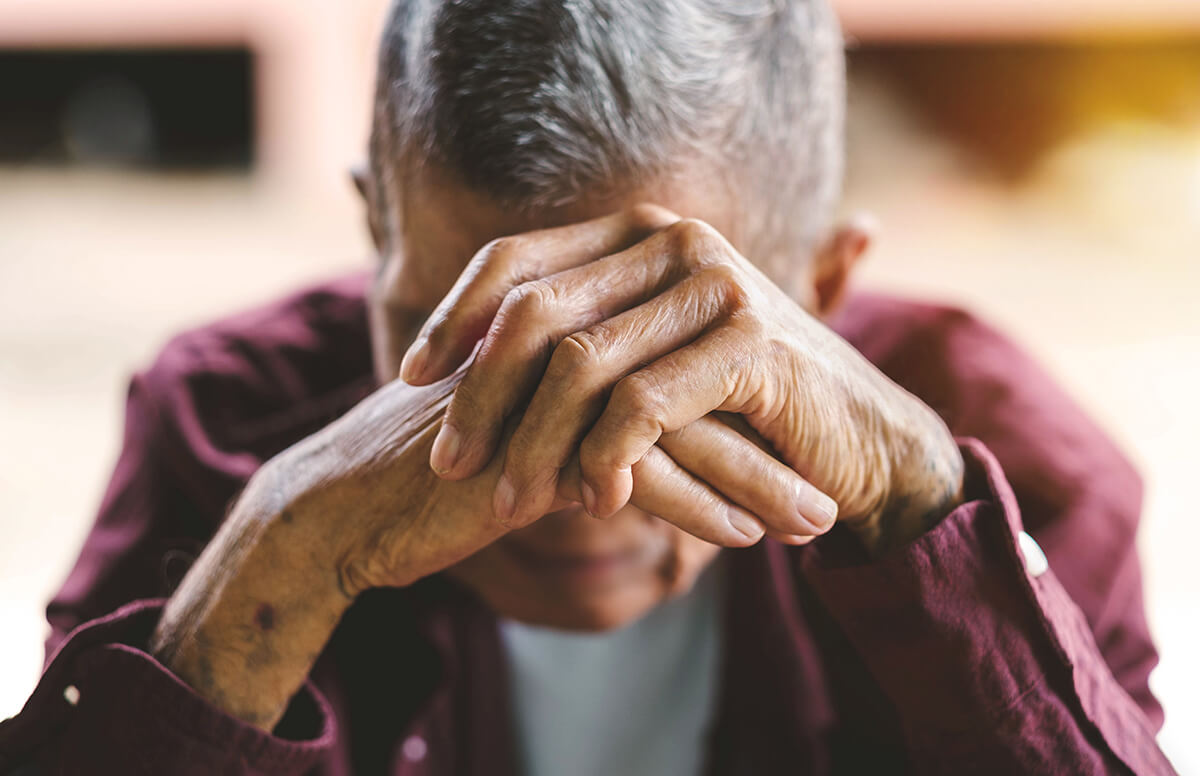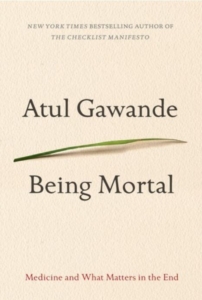Presence, family support, end-of-life conversations and decisions.
.
.
Books and Guides
.
.
Being Mortal: Medicine and What Matters in the End
By Atul Gawande
In Being Mortal, bestselling author Atul Gawande tackles the hardest challenge of his profession: how medicine can not only improve life but also the process of its ending
Medicine has triumphed in modern times, transforming birth, injury, and infectious disease from harrowing to manageable. But in the inevitable condition of aging and death, the goals of medicine seem too frequently to run counter to the interest of the human spirit. Nursing homes, preoccupied with safety, pin patients into railed beds and wheelchairs. Hospitals isolate the dying, checking for vital signs long after the goals of cure have become moot. Doctors, committed to extending life, continue to carry out devastating procedures that in the end extends suffering.
Read more of this Good Reads review
.
.
ELCIC Study Guide for Conversations on Medical Assistance in Dying
From the Evangelical Lutheran Church in Canada
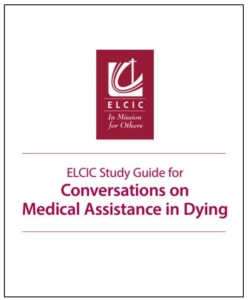
.
.
In Sure and Certain Hope: Resources to Assist Pastoral and Theological Approaches to Physician
From the Anglican Church of Canada
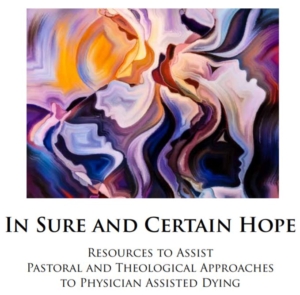
.
.
Articles and Blog Posts
.
.
The Kitchen Widow, tips and resources for the caregiver and the griever

Tembi Locke seemed to have it made. She was a successful TV actress, living in Los Angeles with her husband, a successful chef, and enjoying their daughter in their beautiful home and garden. “Yet,” she writes, “the paths life puts before us are often marked with unexpected turns.” Her ‘unexpected turn’ was her husband’s diagnosis of cancer. She goes on to write, “In the course of a single afternoon, I took on a role familiar to millions of Americans, I became a primary caregiver.”
The Kitchen Widow is an excellent website for those finding themselves in the role of caregiver and for those who have lost a loved one. It is full of stories, tips and resources for the caregiver and the griever. Tembi believes that we need to eat well to heal well, so her website contains delicious recipes like Sicilian Inspired Roasted Brussels Sprouts with Capers, Homemade Organic Almond Paste and Lentil Salad with Mint and Orange Zest.
Good food requires friends and loved ones and Tembi has a page on how to support a caregiver or a griever with food, notes of support and other helpful tips.
Although this is a relatively new website, it is informative and heartfelt. Tembi is both an inspiration for the caregiver and griever and a TEDx speaker who shares an authentic story of challenge through grief to healing.
Tembi’s mission is about, “raising awareness about how we can support each other through times of illness and grief. Here we reclaim the lost art of comforting the soul. We do it around delicious food. Using the tools I learned at the side of a chef, this site is where I chop, taste and transform the raw ingredients of loss and gratitude into something generous and sustaining.”
Website: www.thekitchenwidow.com
TEDx talk: https://www.youtube.com/watch?v=Z65fSOl57Mo
.
.
Decisions at the End of Life
Medical Assistance in Dying
Now that Medical Assistance in Dying (MAiD) is legal in Canada there are new conversations happening in faith communities.
On February 6, 2015 the Supreme Court of Canada ruled that sections of the Criminal Code that had prohibited physician assisted death were no longer in force and that a medically assisted death could be allowed, but under strict criteria of protection. This decision has generated a new set of conversations about medical assistance in dying (MAiD) across the country and especially in faith communities.
In browsing several national church websites (Christian only I’m afraid), I found many official and unofficial comments and articles on the 2015 ruling by the Supreme Court of Canada but only two national churches that have put together a task force to research and explore the new ruling from a legal, medical or theological perspective. The lack of scholarly work will naturally cause misunderstanding of the law from legal, medical and theological perspectives.
These two documents, below, approach the subject from different angles so that reading both will give a broad perspective of research materials and opinions on the topic.
From the Evangelical Lutheran Church in Canada: ELCIC Study Guide for Conversations on Medical Assistance in Dying

From the Anglican Church of Canada: In Sure and Certain Hope: Resources to Assist Pastoral and Theological Approaches to Physician Assisted Dying.
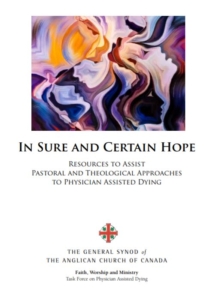
.
.
What Not to Say
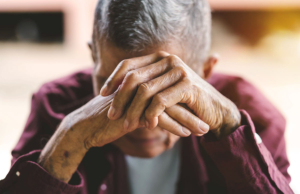
After we lose a loved one, some of us withdraw because we’re “not very good company”. We are depressed and lonely ..and people try like crazy to cheer us up. Caring about a grieving person can be tiring. However, if we want them back, we need to invest care and concern ..especially when they seem stuck in their grief.
Until you’ve been on the receiving end of the everyday words of condolence, and the common platitudes shared with the grieving, it’s difficult to understand.
I know how I feel. I miss the person they were before the loss. However, if I want them back I need to invest care and concern, especially when they seem stuck in their grief.
Listening is usually where I find the way through.
Please read this thoughtful article from Next Avenue:
What Not to Say to an Isolated Older Adult
What Not to Say: “You should go out and enjoy yourself more often…”
Large group activities or entertainment shouldn’t be the only solution for loneliness, said Paul Falkowski, founder and executive director of Omaha-based Community 360, a nonprofit that recruits and trains trusted volunteers to visit older adults in nursing homes.
“The deep-seated need to feel that someone cares about them cannot be met in those [large-group] activities,” he said. “An older woman living in a nursing home once said to me, ‘I have a lot of people around me, but there is no one here just for me.’”
What to Do Instead: Encourage creativity, self-discovery and new traditions. When Kubota rediscovered her identity, she found a better way out of isolation. “I had to remember who I was and what I loved before I was a wife and mother,” she said. Since then, she’s started painting again and participates in a fitness boot camp — where she’s at least 20 years older than most in her class.
.
.



